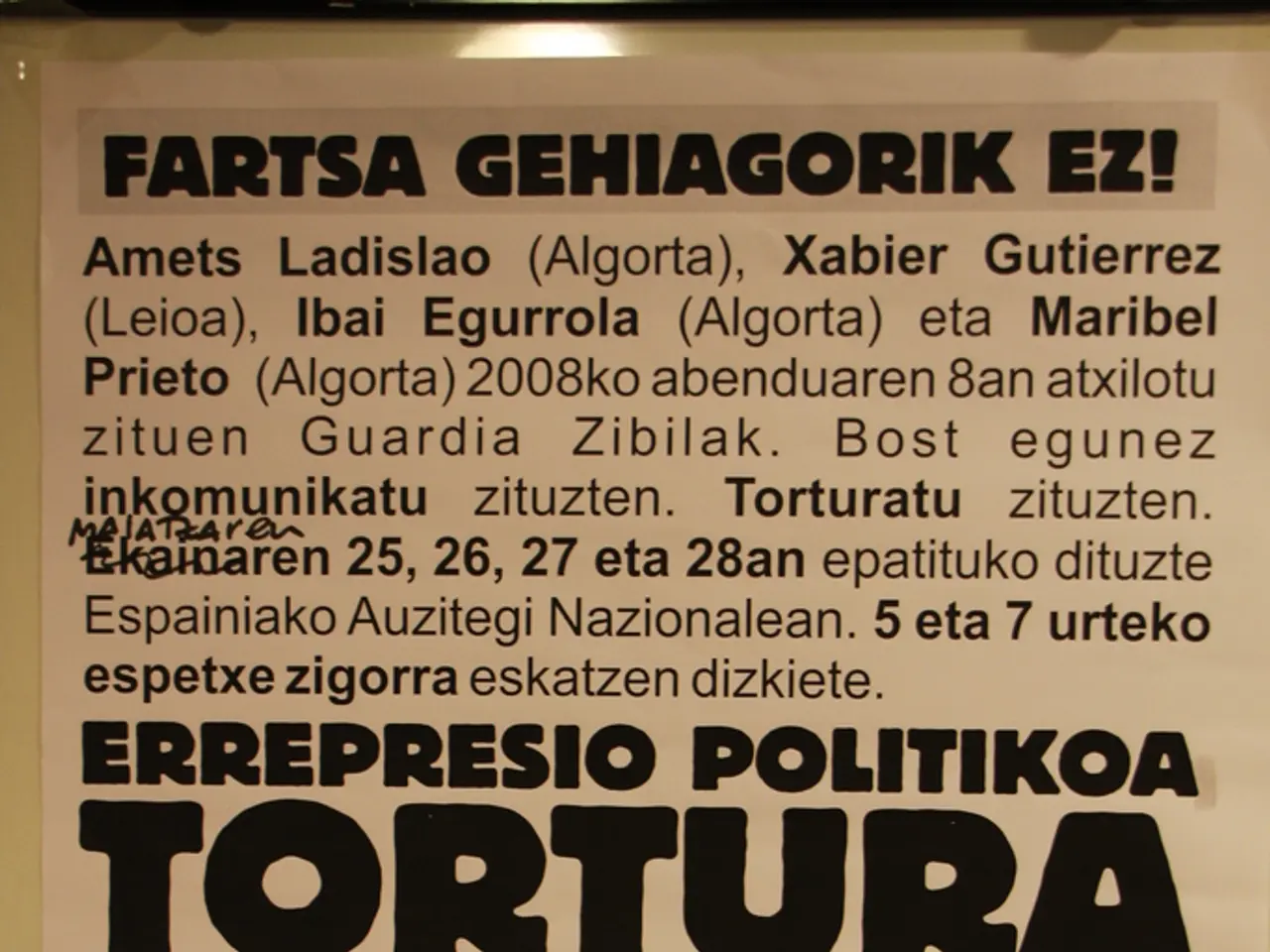Urban Renovation Project Sparks Controversy
In the heart of Europe, Spain is grappling with a severe housing crisis that is affecting not only its citizens but also missionary work. The country, known for its vibrant culture and tourist hotspots, is facing a critical shortage of affordable homes, escalating prices, and social conflicts linked to gentrification and tourism.
The Housing Crisis in Spain
Spain's housing market is plagued by a deficit of around 740,000 homes, a situation that has worsened over the past decade. The annual shortfall of roughly 200,000 new homes needed to meet demand is due to sluggish residential development, regulatory complexities, a shortage of skilled construction labor, limited developable land, and high construction costs that remain 30% above 2019 levels.
Home prices have increased by about 12.3% year-on-year, with average property prices hitting nearly €2,000 per square meter. Rents, meanwhile, have risen even faster—up 14% on average in 2024. This has made housing less affordable, especially for first-time buyers and local residents.
Wealthy investors paying cash are dominating the market, often outcompeting locals who depend on credit amid rising interest rates, exacerbating the affordability crisis. This dynamic has led to a polarization where financial investment interests overshadow genuine housing needs.
Gentrification and social unrest are common in tourist hotspots and urban centers, causing displacement of long-term residents and leading to protests and backlash against tourists and foreign buyers. Measures like a tax on foreign buyers have been introduced as part of new policies responding to these tensions.
Impact on Missionary Work
The housing crisis is posing challenges for missionary groups and faith-based organizations. The shortage and rising costs of housing make it difficult for these organizations to secure affordable housing for staff and community activities, particularly in urban and tourist-impacted areas.
Gentrification and social unrest can strain community relations and complicate outreach efforts in affected neighborhoods. The broader social crisis around housing affordability risks diverting focus and resources away from missionary and social services as communities struggle with economic pressures.
Addressing the Crisis
Spain has launched a €1.3 billion EU-backed program to build 15,000 industrialized social housing units annually to alleviate the shortage, but this is far below the required levels, meaning solutions will take time to materialize.
In light of these challenges, it is crucial for missionary work to draw close to others in their circumstances and contexts, echoing the incarnation as closely as possible. Understanding the specific needs of the area is useful when establishing and defining agreed strategies and locations for missionary work.
Conclusion
Spain's housing crisis is characterized by a critical shortage of affordable homes, escalating prices fueled by investor activity, regulatory and construction constraints, and social conflicts linked to gentrification and tourism. These factors collectively hinder the housing stability vital for effective missionary and community work. Evangelical Focus, an organization dedicated to spreading the gospel in Spain, faces a sustainability challenge and encourages readers to join their mission.
Investors are capitalizing on Spain's housing market, with real-estate investments dominating the market and outcompeting local buyers, leading to an affordability crisis. This situation is causing tensions in urban and tourist-impacted areas, impacting not only citizens but also missionary work by making it difficult for organizations to secure affordable housing for staff and community activities.
To combat the housing crisis, missionary work requires a focus on understanding the local context, adapting strategies to address specific needs, and collaborating to find solutions for affordable housing in Spain.





